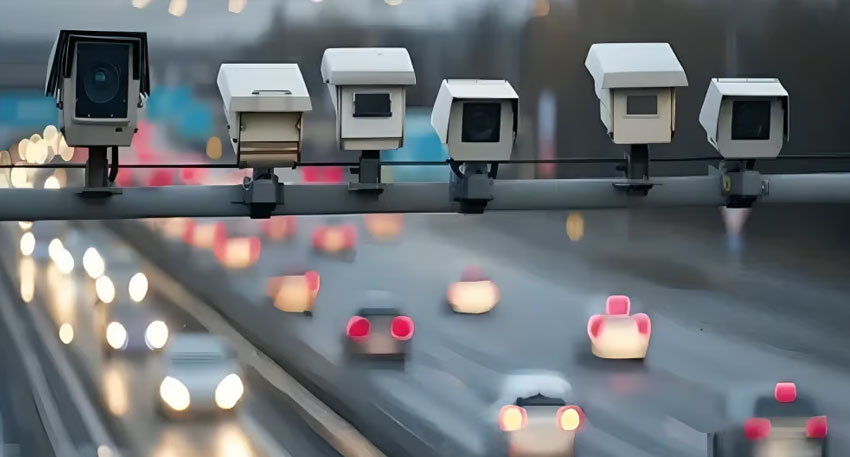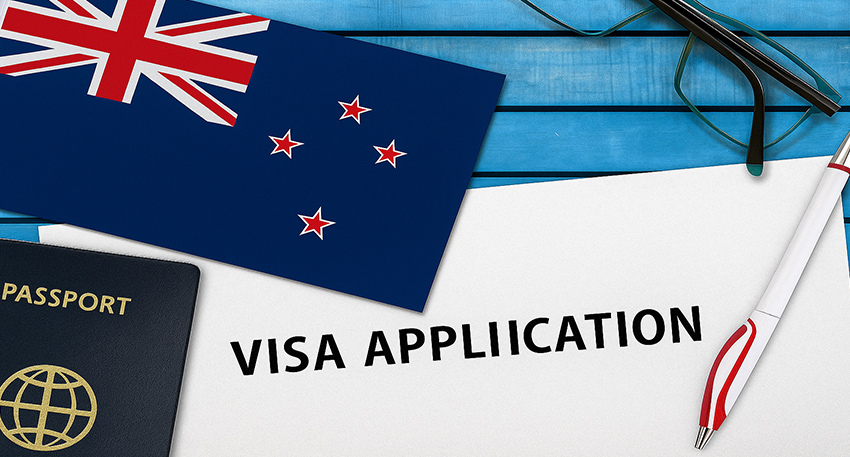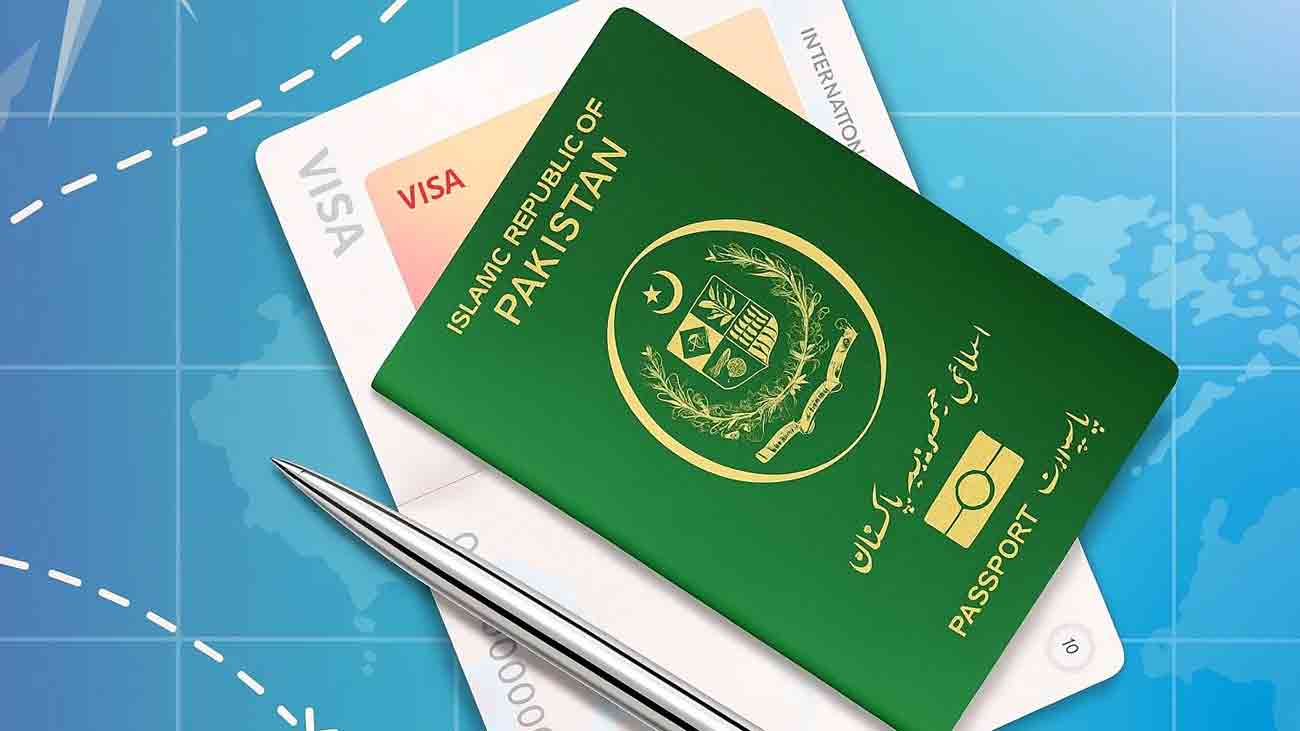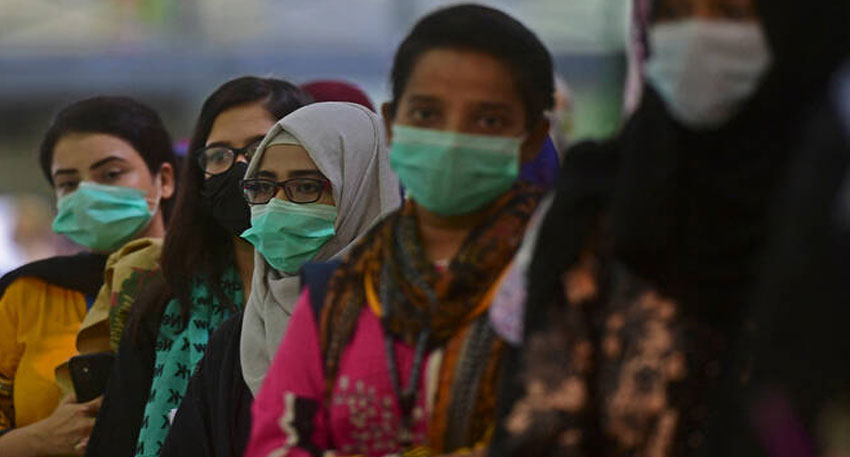
Motorists in Karachi are feeling the financial strain as the city’s newly enforced E-Challan system brings record-high traffic fines, far exceeding penalties imposed in other major cities such as Islamabad and Lahore. The move, introduced to curb reckless driving and improve road safety, has sparked widespread public outrage over what many are calling “inflation-driven traffic penalties.”
According to official data, the revised fines in Karachi are several times higher than those in other parts of Pakistan. For example, motorcyclists caught exceeding the speed limit are fined Rs. 5,000 in Karachi, compared to just Rs. 1,000 in Islamabad and Rs. 200 in Lahore. Similarly, car and jeep drivers face fines of Rs. 10,000 in Karachi, while the same offense costs Rs. 1,500 in Islamabad and Rs. 750 in Lahore.
The penalties for heavy vehicles are even steeper — buses, trailers, and dumpers caught over-speeding are fined Rs. 20,000 in Karachi, whereas the same violation in Lahore and Islamabad incurs only Rs. 2,500.
For wrong-side driving, one of the most dangerous and common offenses, Karachi motorists can face fines ranging from Rs. 25,000 to Rs. 100,000, compared to just Rs. 1,000 in Islamabad and Rs. 200 to Rs. 750 in Lahore.
Similarly, driving without a license now carries fines between Rs. 20,000 and Rs. 30,000 in Karachi — a stark contrast to Rs. 1,000–8,000 in Islamabad and Rs. 200–1,000 in Lahore. The penalty for underage driving is equally severe, with parents or guardians liable for Rs. 25,000 to Rs. 100,000, while in other cities such cases are often resolved with a warning or a nominal fine.
The new system, implemented under the Karachi Traffic Police’s E-Challan initiative, aims to improve compliance through digital surveillance and automated ticketing. However, citizens argue that the fines are disproportionately high and unrealistic given the city’s poor road infrastructure, frequent traffic jams, and lack of proper lane markings.
“Why are Karachi drivers being punished more harshly than the rest of the country?” questioned one commuter near Shahrah-e-Faisal. “Our roads are full of potholes, traffic signals rarely work, and yet we’re paying the highest fines. It feels like double punishment.”
Traffic officials defend the policy, stating that stricter fines are necessary to deter repeat offenders and reduce accidents in the country’s most congested city. “The goal is not revenue generation but behavioral change,” said a Karachi Traffic Police spokesperson. “Karachi’s accident rate is higher than other cities, and tougher enforcement is essential to save lives.”
Also Read: Punjab bans dry sweeping on roads to curb smog
Despite these assurances, public frustration continues to grow as citizens demand a review of the fine structure to bring it in line with national standards. Many drivers have taken to social media, dubbing the revised penalties the “inflation edition” of traffic fines.
Observers say the success of the E-Challan system will depend not only on enforcement but also on improving road infrastructure, ensuring transparency, and addressing citizens’ concerns about fairness.




